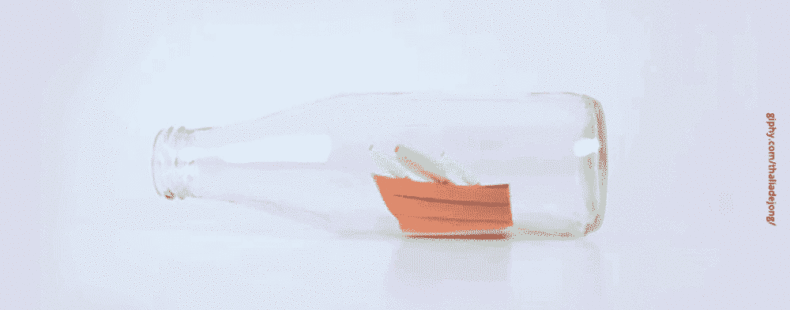Groggy
Are you feeling groggy? We’d usually associate that term with someone that’s not fully awake. The term is derived from the sea. Well, kinda sorta. Here’s the story, as reported by The Phrase Finder. “Groggy” is derived from the word grog, which is an alcoholic drink. Arrrrr. Feel free to start talkin’ like a pirate at this point, matey.
So why is it called “grog?” It seems that a fellow named Admiral Edward Vernon was an officer in the British Royal Navy way back when. He fancied wearing grogram jackets to keep warm. He also liked to water down his crew’s rum ration, so it wouldn’t be quite as potent. The crew didn’t much care for that, so they called him “Old Grog” and that’s what they also named his weak beverage. The crew knew what they were talking about—at one point their daily drink ration was a gallon of beer.


























